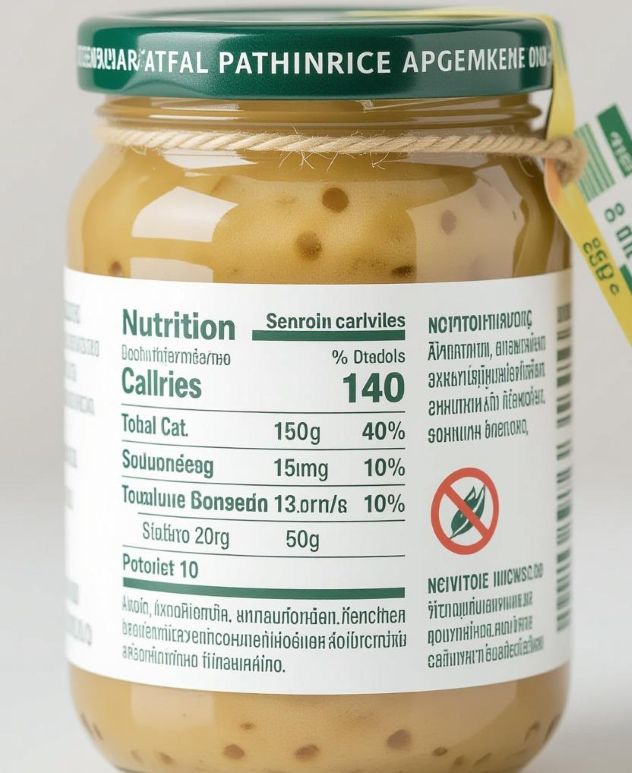
Food startups face a complex web of regulations that can make or break their business. Launching a restaurant or food brand is exciting, but the legal landscape can be daunting. From health codes to labeling laws, compliance is non-negotiable. A single misstep could lead to fines, lawsuits, or even closure. This is where legal expertise becomes invaluable, guiding entrepreneurs through the maze of rules to keep their kitchens safe and their businesses thriving.
Navigating food safety regulations is a top priority for any food startup. Health codes vary by state and even city, covering everything from kitchen sanitation to employee training. Legal advisors from Escoto Law Office can help ensure compliance with these standards. They review local health department requirements, advise on proper food storage, and ensure your kitchen passes inspections. For example, improper refrigeration could lead to foodborne illness outbreaks, which not only harm customers but also damage your brand’s reputation. A legal expert helps you avoid these pitfalls.
Ingredient Labeling: More Than Just a Sticker
Accurate ingredient labeling is critical for consumer safety and trust. Federal regulations, like those enforced by the FDA, require precise labeling of allergens, nutritional content, and expiration dates. Mistakes here can lead to severe consequences, including recalls or lawsuits from customers with allergies. Legal advisors ensure your labels meet all requirements, from font size to allergen warnings. They also help you understand claims like “organic” or “gluten-free,” which carry strict legal definitions. Getting this right builds customer confidence and protects your business.
Business Permits: The Foundation of a Legal Operation
Securing the right permits is essential to legally operate a food business. Whether it’s a food handler’s permit, a liquor license, or a zoning permit for your food truck, the paperwork can be overwhelming. Legal advisors streamline this process by identifying the permits you need and helping you complete applications correctly. They also ensure renewals are handled on time, preventing lapses that could halt operations. Without proper permits, you risk fines or being shut down, which can devastate a fledgling startup.
Key Permits Food Startups Need
- Food Service License: Required to operate any commercial kitchen or restaurant.
- Health Department Permit: Ensures compliance with local sanitation standards.
- Business License: Registers your company with local authorities.
- Liquor License: Necessary if you plan to serve alcohol.
- Zoning Permit: Required for food trucks or pop-up locations.
Protecting Your Brand Through Contracts
Contracts are the backbone of any food startup’s operations. From supplier agreements to employee contracts, these documents need to be airtight. A legal advisor reviews and drafts contracts to protect your interests. For instance, a poorly worded supplier contract could leave you liable for defective ingredients. Legal experts also help with lease agreements for kitchen spaces, ensuring you’re not locked into unfavorable terms.
“A good contract is like insurance—it protects you before trouble starts,” says Sarah Escoto, a seasoned attorney specializing in food businesses.
Avoiding Costly Lawsuits
Lawsuits can cripple a food startup before it gains traction. Whether it’s a customer claiming food poisoning or an employee alleging unsafe working conditions, legal battles are expensive and time-consuming. Legal advisors help mitigate these risks by ensuring compliance with labor laws and implementing safety protocols. They also advise on liability insurance to cover potential claims. By proactively addressing risks, you can focus on growing your business instead of fighting in court.
Scaling with Confidence
Growth brings new legal challenges for food startups. Expanding to new locations, launching packaged products, or selling online requires additional permits and compliance checks. Legal advisors guide you through these transitions, ensuring your business scales smoothly. They also help with intellectual property, like trademarking your brand name or recipes, to protect your market identity. With their support, you can confidently take your food brand to the next level.
Why Legal Support Is Non-Negotiable
Partnering with legal advisors is not just a luxury—it’s a necessity. The food industry is heavily regulated, and mistakes can be costly. From ensuring safe kitchens to securing permits and protecting your brand, legal experts provide the guidance you need to succeed. Similarly, professionals in other fields, like dentistry, rely on specialized expertise to navigate complex transitions, such as determining the value of their business before selling. For insights on how expert guidance applies to other industries, check out What Dentists Should Know About Practice Valuation (Before Their Last Bite of the Apple). As chef and restaurateur Maria Gomez puts it, “Having a legal advisor is like having a trusted sous-chef—you don’t realize how much you need them until they save your dish.” Don’t let compliance issues derail your dream. Invest in legal support to build a safe, compliant, and successful food business.

